

Articles
Why Is My AC Vent Leaking Water
Modified: March 20, 2024
Discover why your AC vent is leaking water with our informative articles. Get expert tips and solutions to keep your air conditioning system in top condition.
(Many of the links in this article redirect to a specific reviewed product. Your purchase of these products through affiliate links helps to generate commission for Storables.com, at no extra cost. Learn more)
Introduction
Having your air conditioning system running smoothly is essential for creating a comfortable environment in your home or office. However, one common problem that many people experience is AC vent leaks. You might have noticed water dripping from your AC vents, and you’re probably wondering why this is happening.
In this article, we will explore the reasons behind AC vent leaks and how to address this issue. Understanding the causes and taking appropriate action can help prevent further damage to your HVAC system and ensure that it functions efficiently.
AC vent leaks occur when there is water dripping from the vents in your air conditioning system. This can be a sign of an underlying problem that needs to be addressed, as it can lead to water damage, mold growth, and reduced cooling efficiency. It’s important to identify the root cause of the leak so that you can take the necessary steps to fix it.
There are several common causes of AC vent leaks, including condensation buildup, a clogged drain line, improper installation, and air duct damage. Let’s delve deeper into each of these causes to better understand how they contribute to AC vent leaks.
Key Takeaways:
- Addressing condensation buildup, clogged drain lines, improper installation, and air duct damage is crucial to prevent AC vent leaks. Regular maintenance and professional assistance are essential for maintaining a comfortable and efficient indoor environment.
- DIY solutions such as cleaning vents, inspecting drain lines, and improving insulation can help troubleshoot minor AC vent leaks. However, calling a professional HVAC technician for complex issues is important to ensure effective and safe resolution.
Read more: Why Is My Portable AC Leaking Water
Understanding AC Vent Leaks
AC vent leaks can be a frustrating issue to deal with, but understanding how they occur can help you address the problem effectively. In simple terms, AC vent leaks happen when water from your HVAC system ends up escaping through the vents instead of being properly drained away.
One important aspect to note is that AC vent leaks are different from air leaks. Air leaks occur when there is a gap or hole in the ductwork, allowing conditioned air to escape into unconditioned spaces. On the other hand, AC vent leaks specifically refer to water leaking from the vents.
The presence of water in your AC vents can be a warning sign of an underlying issue within your HVAC system. Ignoring or neglecting these leaks can lead to more serious problems down the line, including water damage to your property and malfunctioning of the air conditioning system.
The next section will explore the most common causes of AC vent leaks and provide insights into how they contribute to this issue.
Common Causes of AC Vent Leaks
There are several common causes that can lead to AC vent leaks. Understanding these causes can help you identify the problem and take appropriate action to resolve it. Let’s take a closer look at each of these causes:
1. Condensation Buildup: One of the most common causes of AC vent leaks is condensation buildup. When warm air from your home comes into contact with the cold surface of the air conditioning ducts, condensation can form. This condensation should ideally be collected and drained away through the system’s drain line. However, if the drain line is clogged or damaged, the water will start to leak from the vents instead.
2. Clogged Drain Line: A clogged drain line can also contribute to AC vent leaks. Over time, dust, dirt, and debris can accumulate in the drain line, obstructing the flow of water. As the water backs up, it can find its way into the vents and start dripping. Regular maintenance and cleaning of the drain line can help prevent clogs and subsequent leaks.
3. Improper Installation: Incorrect installation of the air conditioning system can cause AC vent leaks. If the vents are not properly sealed or if there are gaps in the connections between the ductwork and vents, water can escape through these openings. It’s important to ensure that your HVAC system is installed correctly by a qualified professional to minimize the risk of leaks.
4. Air Duct Damage: Damage to the air ducts can also lead to AC vent leaks. If there are cracks, holes, or loose connections in the ductwork, water can seep through and find its way into the vents. This can be caused by age, wear and tear, or external factors such as rodents or pests. Regular inspections and prompt repairs can help prevent leaks caused by damaged air ducts.
Identifying the specific cause of AC vent leaks is crucial in order to implement the appropriate solution. In the next sections, we will explore ways to address the various causes and provide tips on how to prevent future leaks.
Condensation Buildup
Condensation buildup is one of the primary causes of AC vent leaks. When warm air from your home comes into contact with the cold surface of the air conditioning ducts, moisture in the air condenses and forms water droplets. Under normal circumstances, this condensation is collected and drained away through the system’s drain line. However, if the drain line is clogged or damaged, the water will start to leak from the vents instead.
Several factors can contribute to condensation buildup in your HVAC system. One common reason is high humidity levels in your home. When the air inside your home is excessively humid, the amount of moisture that your air conditioning system needs to remove is higher than usual. This increased moisture can lead to more condensation forming on the cold surfaces of the ductwork.
Inadequate insulation in your ductwork can also contribute to condensation buildup. If the ducts are not properly insulated, the warm air from your home can come into direct contact with the cold duct surface, promoting condensation formation. Insulating the ductwork can help prevent this issue and minimize the chances of AC vent leaks.
To address condensation buildup and prevent AC vent leaks, there are several steps you can take:
1. Regularly clean and maintain the drain line: The drain line is responsible for carrying away the condensation collected by your HVAC system. Over time, it can become clogged with dirt, debris, or algae. Regularly cleaning and maintaining the drain line can help prevent clogs and ensure the proper drainage of water.
2. Use a dehumidifier: If excess humidity is a recurring issue in your home, consider using a dehumidifier. A dehumidifier helps remove excess moisture from the air, reducing the amount of condensation that forms on your ducts and minimizing the risk of AC vent leaks.
3. Improve your home’s insulation: Ensuring that your home is properly insulated can help regulate temperature and reduce the formation of condensation. Adequate insulation can also contribute to energy efficiency and lower energy bills.
By addressing condensation buildup and taking preventive measures, you can minimize the risk of AC vent leaks and maintain the efficient operation of your HVAC system.
Clogged Drain Line
A clogged drain line is another common cause of AC vent leaks. The drain line is responsible for carrying away the condensation that accumulates in your air conditioning system. Over time, this line can become clogged with dirt, dust, algae, or other debris. When the drain line is blocked, water has nowhere to go and starts to leak from the vents.
There are several factors that can contribute to a clogged drain line. One of the main culprits is inadequate maintenance. Regularly cleaning and maintaining the drain line is important to prevent clogs and ensure the proper drainage of water. Neglecting this maintenance task can lead to a buildup of dirt and debris, resulting in a clogged drain line and subsequent AC vent leaks.
External factors such as the presence of algae can also cause clogs in the drain line. Algae tend to thrive in wet and dark environments, making the drain line an ideal breeding ground. As algae multiply and grow, they can block the flow of water in the drain line, leading to leaks from the vents.
To address a clogged drain line and prevent AC vent leaks, here are some steps you can take:
1. Regularly clean the drain line: Use a mixture of bleach and water to flush out any algae or debris that may have accumulated in the drain line. This can help prevent clogs and ensure the proper drainage of condensation.
2. Install a drain line cleaner: Consider installing a drain line cleaning device, such as a drain line brush or a condensate drain pan treatment. These devices can help prevent clogs and keep your drain line clear of debris.
3. Schedule professional maintenance: Regular maintenance by a professional HVAC technician is crucial in keeping your system in optimal condition. A technician can inspect and clean your drain line, ensuring that it is free from clogs and functioning properly.
Taking proactive steps to prevent and address clogs in the drain line can help maintain the efficiency of your HVAC system and prevent AC vent leaks. If you suspect a clogged drain line is causing the leak, it is recommended to seek the assistance of a qualified HVAC professional to ensure proper diagnosis and resolution of the issue.
Read more: Why Does My Window AC Leak Water
Improper Installation
Improper installation of your air conditioning system can be another cause of AC vent leaks. When the vents are not properly sealed or if there are gaps in the connections between the ductwork and vents, water can escape through these openings and result in leaks.
Improper installation can occur due to various reasons. In some cases, inexperienced or unqualified individuals may have performed the installation, leading to mistakes and oversights. It’s important to hire a professional HVAC technician who is knowledgeable and experienced to ensure a proper installation.
Inadequate sealing of the vents can also occur if the materials used are of low quality or not suited for the specific HVAC system. For example, if the sealing materials are not resistant to moisture, they can deteriorate over time, causing leaks to occur. Using high-quality sealing materials that are compatible with your system is essential to prevent leaks.
Additionally, improper positioning or placement of the vents can contribute to leaks. If the vents are not installed in the correct location or if they are facing the wrong direction, it can lead to airflow issues and water accumulation. It’s important to follow the manufacturer’s instructions or consult with a professional to ensure proper vent positioning.
To address the issue of improper installation and prevent AC vent leaks, consider the following steps:
1. Hire a professional for installation: When installing or replacing your air conditioning system, it’s crucial to hire a professional HVAC technician who has the expertise and knowledge to perform the installation correctly. They can ensure that the vents are properly sealed and connected, minimizing the risk of leaks.
2. Use high-quality sealing materials: When sealing the vents and connections, ensure that high-quality sealing materials are used. These materials should be resistant to moisture and compatible with your specific HVAC system. This will help prevent deterioration and leaks over time.
3. Verify proper vent positioning: Before installing the vents, ensure that they are positioned correctly according to the manufacturer’s instructions or the guidance of a professional. This will help maintain proper airflow and prevent water accumulation that can lead to leaks.
By addressing the issue of improper installation, you can minimize the risk of AC vent leaks and ensure the efficient and reliable functioning of your air conditioning system.
Check for clogged drain lines or a dirty air filter, as these are common causes of AC vent leaks. Regular maintenance can prevent these issues.
Air Duct Damage
Air duct damage is another common cause of AC vent leaks. If there are cracks, holes, or loose connections in the ductwork, water can seep through and find its way into the vents, causing leaks.
There are several factors that can contribute to air duct damage. Age and wear and tear are common causes. Over time, the ductwork can deteriorate, leading to cracks, holes, or weakened connections. Additionally, external factors such as rodents or pests can damage the ductwork by chewing through it or creating nests inside.
Improper duct installation can also result in damage. If the ducts were not installed correctly or if they were handled improperly during installation, it can lead to bends, dents, or disconnections. These issues can compromise the integrity of the ductwork and contribute to leaks.
Identifying air duct damage can be challenging, as the ductwork is often hidden behind walls, floors, or ceilings. However, there are some signs that can indicate damage, such as uneven airflow, increased energy bills, or musty odors in the air. If you suspect air duct damage as the cause of AC vent leaks, it’s best to seek the assistance of a professional HVAC technician to inspect and repair the ductwork.
To address air duct damage and prevent AC vent leaks, consider the following steps:
1. Schedule regular inspections: Regular inspections by a professional HVAC technician can help identify any signs of air duct damage before it leads to leaks. They can assess the condition of the ductwork and recommend repairs or replacements as needed.
2. Repair or replace damaged ductwork: If air duct damage is identified, it’s important to address it promptly. Depending on the extent of the damage, repairs may be possible, or replacement of the affected sections may be necessary. Working with a professional ensures proper repairs or replacements that will prevent further leaks.
3. Take preventive measures: To protect your air ducts from damage, consider taking preventive measures. For example, sealing any gaps or openings that rodents or pests could use to access the ductwork can help prevent damage caused by such intruders. Additionally, ensuring proper insulation and support of the ducts can minimize the risk of bending or disconnections.
By addressing air duct damage and taking preventive measures, you can minimize the risk of AC vent leaks and maintain the efficient operation of your HVAC system.
HVAC System Maintenance
Maintaining your HVAC system is crucial to prevent AC vent leaks and ensure optimal performance. Regular maintenance allows you to identify and address any issues before they escalate into major problems. By following a few maintenance tips, you can keep your system running smoothly and minimize the risk of AC vent leaks.
1. Change air filters regularly: Clogged or dirty air filters can obstruct airflow and cause your system to work harder than necessary. This can lead to condensation buildup and potential AC vent leaks. Be sure to check your air filters regularly and replace them as needed, usually every 1-3 months or as recommended by the manufacturer.
2. Clean the air ducts: Over time, dust, debris, and other contaminants can accumulate in the air ducts, obstructing airflow and potentially causing damage to the ductwork. Regularly cleaning the air ducts can improve airflow and prevent AC vent leaks. Consider hiring a professional duct cleaning service to ensure thorough cleaning.
3. Inspect the drain line: The drain line is responsible for carrying away the condensation that collects during the cooling process. Inspect the drain line regularly for any signs of clogs or damage. If you notice any issues, such as slow drainage or leaks, it’s important to address them promptly to prevent AC vent leaks.
4. Check for leaks and damage: Regularly inspect your HVAC system, including the ductwork and vents, for any signs of leaks or damage. Look for water stains, mold growth, or musty odors around the vents. If you notice any abnormalities, it’s crucial to seek professional assistance to identify and fix the issue before it leads to further damage.
5. Schedule professional maintenance: Regular professional maintenance is key to keeping your HVAC system in top condition. HVAC technicians have the expertise to thoroughly inspect and service your system, ensuring that any potential issues are caught early and addressed promptly. They can also provide recommendations on how to prevent AC vent leaks specific to your system.
6. Maintain proper humidity levels: High humidity levels can contribute to condensation buildup and potential AC vent leaks. Use a dehumidifier or HVAC system with humidity controls to maintain optimal humidity levels in your home. This will help minimize the formation of condensation on the ductwork and prevent leaks.
By following these maintenance tips, you can prevent AC vent leaks and extend the lifespan of your HVAC system. Remember, regular upkeep and professional assistance are essential for the efficient and reliable operation of your system.
DIY Solutions for AC Vent Leaks
Addressing AC vent leaks promptly is important to prevent further damage to your HVAC system and ensure optimal cooling performance. While some issues may require professional assistance, there are a few DIY solutions you can try to troubleshoot and resolve minor AC vent leaks. Here are some tips:
1. Check and clean the vents: Start by inspecting the vents for any visible signs of damage or gaps. Use a flashlight to check for cracks, loose connections, or openings where air or water could escape. If you notice any issues, you can try tightening loose connections or using a sealant to fill in small gaps.
2. Clear debris from vents: Occasionally, debris such as dust, dirt, or pet hair can accumulate in the vents, obstructing airflow and potentially causing leaks. Use a vacuum cleaner or a soft brush to gently remove any debris from the vents. This can help improve airflow and prevent moisture buildup.
3. Inspect and clean the drain line: A clogged or damaged drain line can cause water to back up and leak from the vents. Locate the drain line and check for any signs of clogs. You can use a wet-dry vacuum or a pipe cleaner to clear any debris obstructing the flow of water. Additionally, consider using a mixture of bleach and water to flush out any algae or mold growth in the drain line.
4. Improve insulation: Inadequate insulation can contribute to condensation buildup and subsequent AC vent leaks. Inspect the areas around the vents and ductwork for any gaps or openings. Use high-quality insulation materials to seal these gaps and ensure proper insulation. This can help regulate temperature and prevent the formation of condensation.
5. Monitor humidity levels: High humidity levels can exacerbate condensation buildup and lead to AC vent leaks. Consider using a hygrometer to monitor the humidity levels in your home. If necessary, use a dehumidifier to reduce excess moisture in the air. This can help prevent condensation and minimize the risk of leaks.
6. Keep the area around the vents clean: Dust and debris around the vents can obstruct airflow and contribute to moisture buildup. Regularly clean the area around the vents to ensure proper airflow and minimize the risk of leaks. Use a damp cloth to wipe away any dust or dirt that may have accumulated.
While DIY solutions can help address minor AC vent leaks, it’s important to prioritize safety and seek professional assistance for more complex issues or if you are unsure of how to proceed. Professional technicians have the knowledge and expertise to diagnose and fix AC vent leaks effectively and safely.
Remember, regular maintenance and timely repairs are essential to prevent AC vent leaks and ensure the efficient operation of your HVAC system. If you’re unable to resolve the issue on your own or if the leaks persist, it’s recommended to contact a qualified HVAC professional for further assistance.
Read more: Why AC Leaking Water
Calling a Professional
While there are DIY solutions available for addressing minor AC vent leaks, it’s important to recognize when it’s time to call a professional HVAC technician. Complex issues, persistent leaks, or situations where you are unsure of how to proceed should prompt you to seek professional assistance. Here are some reasons why it’s beneficial to call a professional:
1. Expertise and Experience: HVAC professionals have the knowledge, expertise, and experience to accurately diagnose and resolve AC vent leaks. They are trained in identifying the root cause of the issue and implementing the appropriate solutions. Their expertise ensures that the problem is addressed effectively and efficiently.
2. Proper Tools and Equipment: HVAC technicians have access to specialized tools and equipment that are necessary for diagnosing and repairing AC vent leaks. They are equipped to handle the complexities of HVAC systems and can ensure that the repairs are carried out safely and correctly.
3. System-Specific Knowledge: Each HVAC system is unique, and professionals are familiar with a wide range of systems. They have the system-specific knowledge required to properly assess your particular setup and determine the most appropriate course of action. They can provide tailored solutions to address AC vent leaks specific to your system.
4. Safety Considerations: HVAC systems involve electrical components, refrigerants, and other potentially hazardous elements. Attempting DIY repairs without proper knowledge or training can pose safety risks. Professionals are trained to work safely with HVAC systems, minimizing the risk of accidents or further damage.
5. Comprehensive Evaluation: When you call a professional, they will conduct a comprehensive evaluation of your HVAC system. They will not only address the AC vent leaks but also check for other potential issues or underlying problems that may be contributing to the leaks. This thorough assessment ensures that all necessary repairs and adjustments are made, preventing future issues.
6. Warranty Considerations: If your HVAC system is still under warranty, attempting to repair the AC vent leaks yourself may void the warranty. Calling a professional ensures that the repairs are carried out in compliance with warranty terms, protecting your investment in the system.
When choosing a professional HVAC technician, consider their qualifications, reputation, and customer reviews. Selecting a reputable and trusted professional ensures that the repair work is done to a high standard, giving you peace of mind.
Remember, AC vent leaks can often be symptoms of underlying issues in your HVAC system. Calling a professional not only helps resolve the leaks but also allows for a thorough assessment of the system to prevent future problems and maintain optimal performance.
Don’t hesitate to call a professional HVAC technician when you encounter AC vent leaks you can’t resolve on your own. Their expertise, tools, and system-specific knowledge will help address the issue effectively and ensure the long-term functionality of your HVAC system.
Conclusion
AC vent leaks can be a frustrating and concerning issue for homeowners and businesses alike. However, by understanding the common causes and implementing the appropriate solutions, you can effectively address and prevent AC vent leaks.
In this article, we explored the various causes of AC vent leaks, including condensation buildup, clogged drain lines, improper installation, and air duct damage. We discussed the importance of regular HVAC system maintenance and provided DIY solutions as well as the significance of calling a professional when necessary.
Regular maintenance, such as changing air filters, cleaning the ductwork, and inspecting the drain lines, plays a crucial role in preventing AC vent leaks. By addressing condensation buildup and clogs, improving insulation, and monitoring humidity levels, you can help maintain the proper functioning of your HVAC system and minimize the risk of leaks.
If you encounter AC vent leaks that you are unable to resolve on your own, it’s essential to call a professional HVAC technician. Their expertise, knowledge, and proper tools will ensure that the underlying issues are addressed effectively and safely.
Maintaining a comfortable and efficient indoor environment is paramount, and preventing AC vent leaks is an integral part of achieving that. By addressing these leaks promptly, you can prevent water damage, mold growth, and potential damage to your HVAC system. Regular maintenance and timely repairs not only extend the life of your HVAC system but also contribute to energy efficiency and lower utility costs.
Remember, when it comes to AC vent leaks, proactive measures and professional assistance are key. Stay vigilant, take preventive actions, and prioritize the well-being of your HVAC system. By doing so, you can enjoy a cool and comfortable space while ensuring the longevity and reliability of your air conditioning system.
Frequently Asked Questions about Why Is My AC Vent Leaking Water
Was this page helpful?
At Storables.com, we guarantee accurate and reliable information. Our content, validated by Expert Board Contributors, is crafted following stringent Editorial Policies. We're committed to providing you with well-researched, expert-backed insights for all your informational needs.
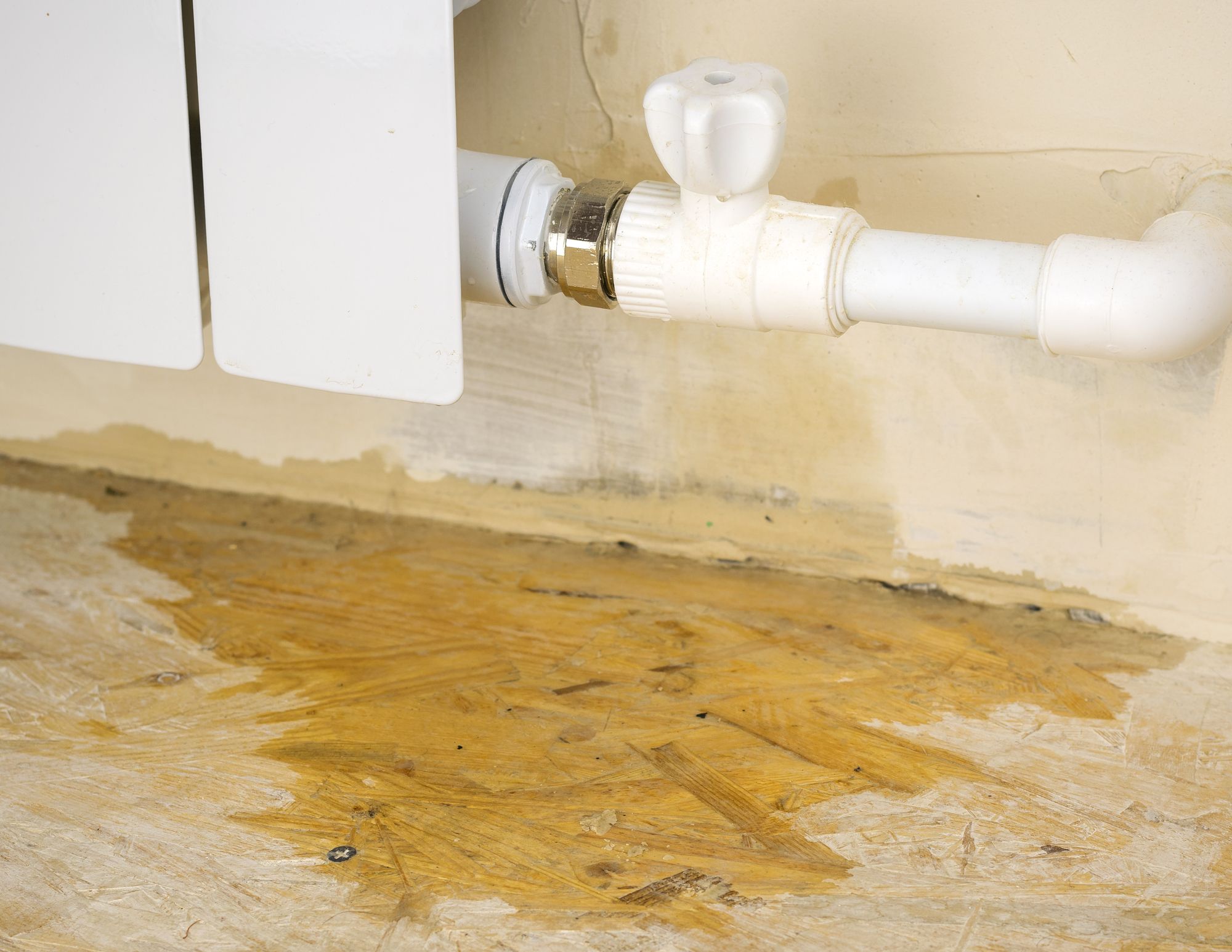
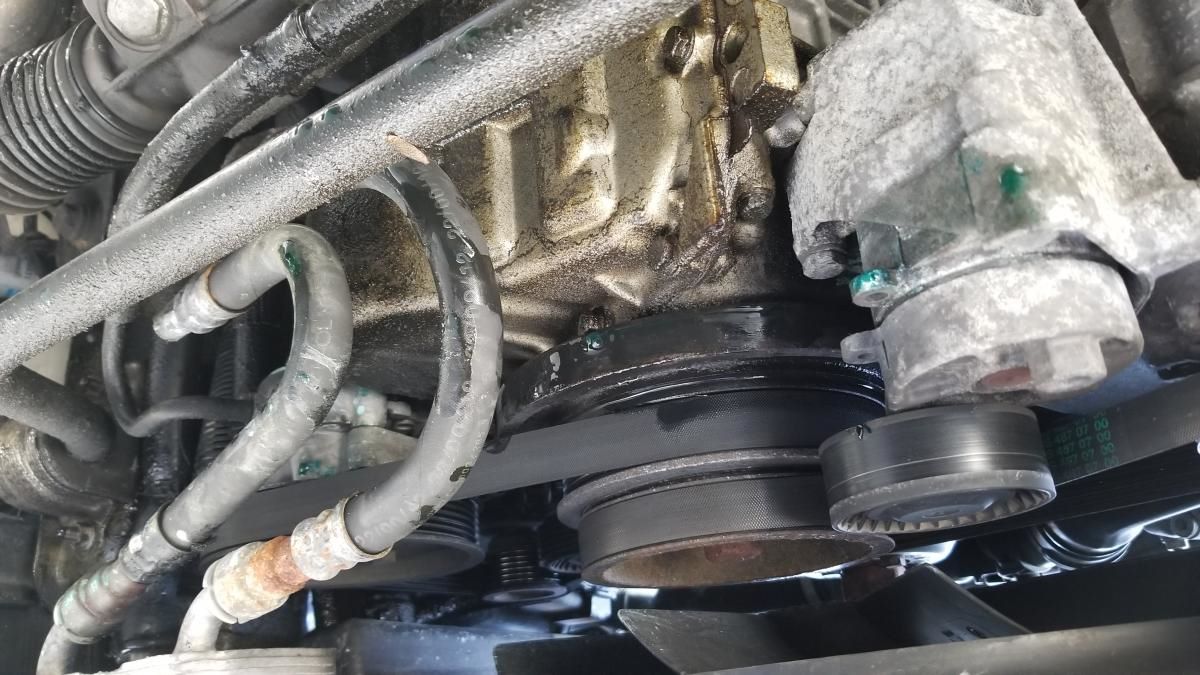
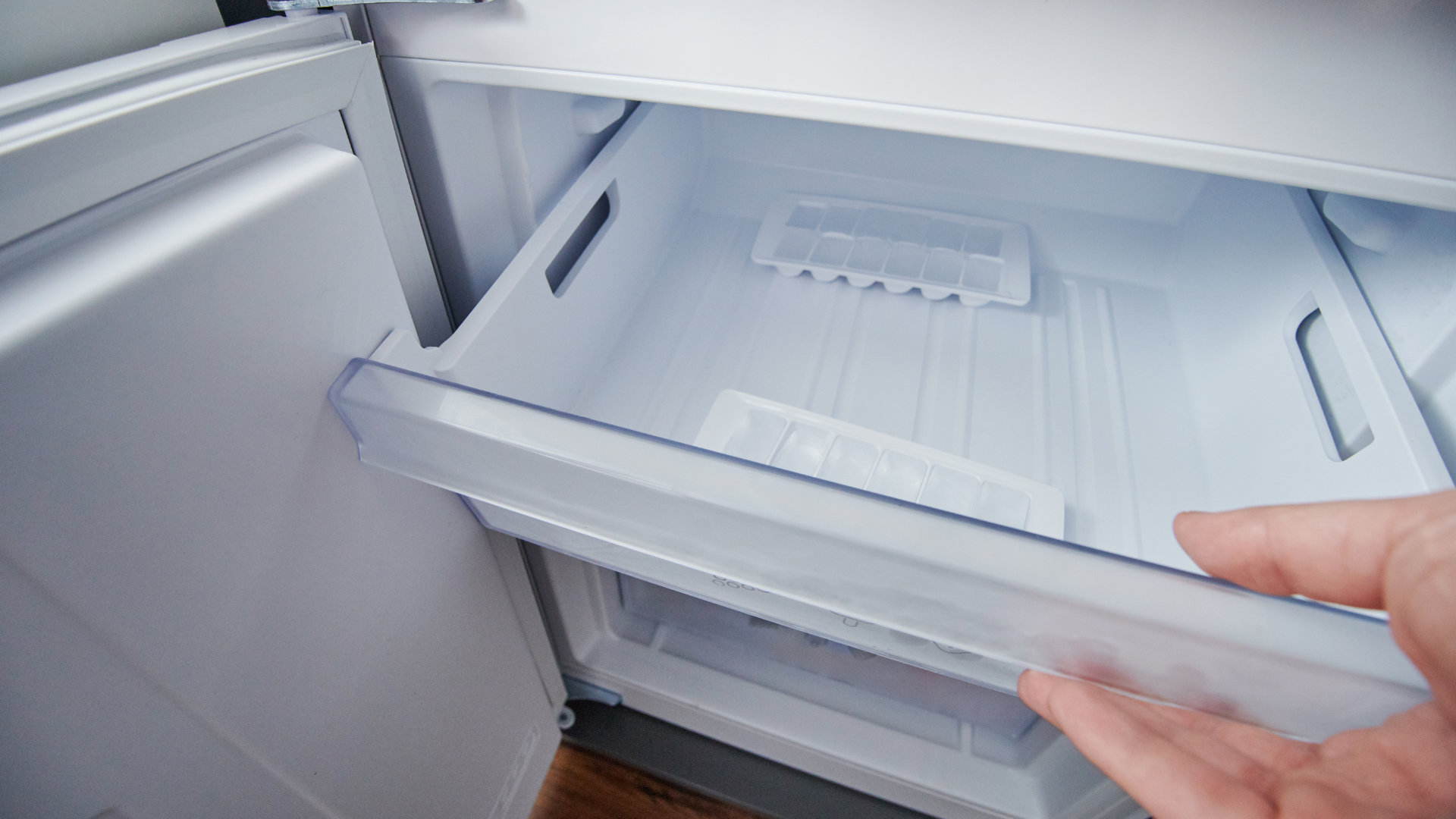
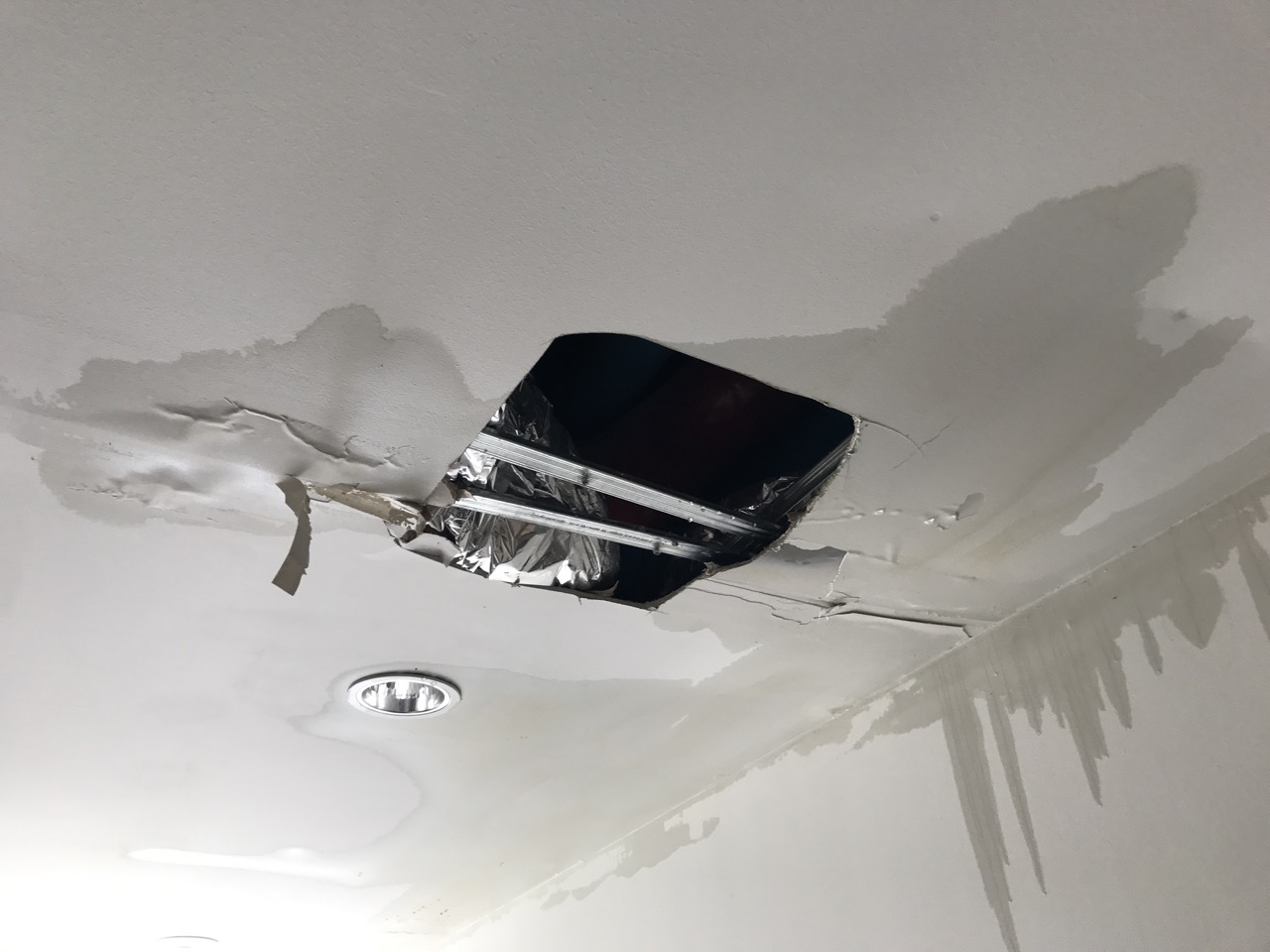
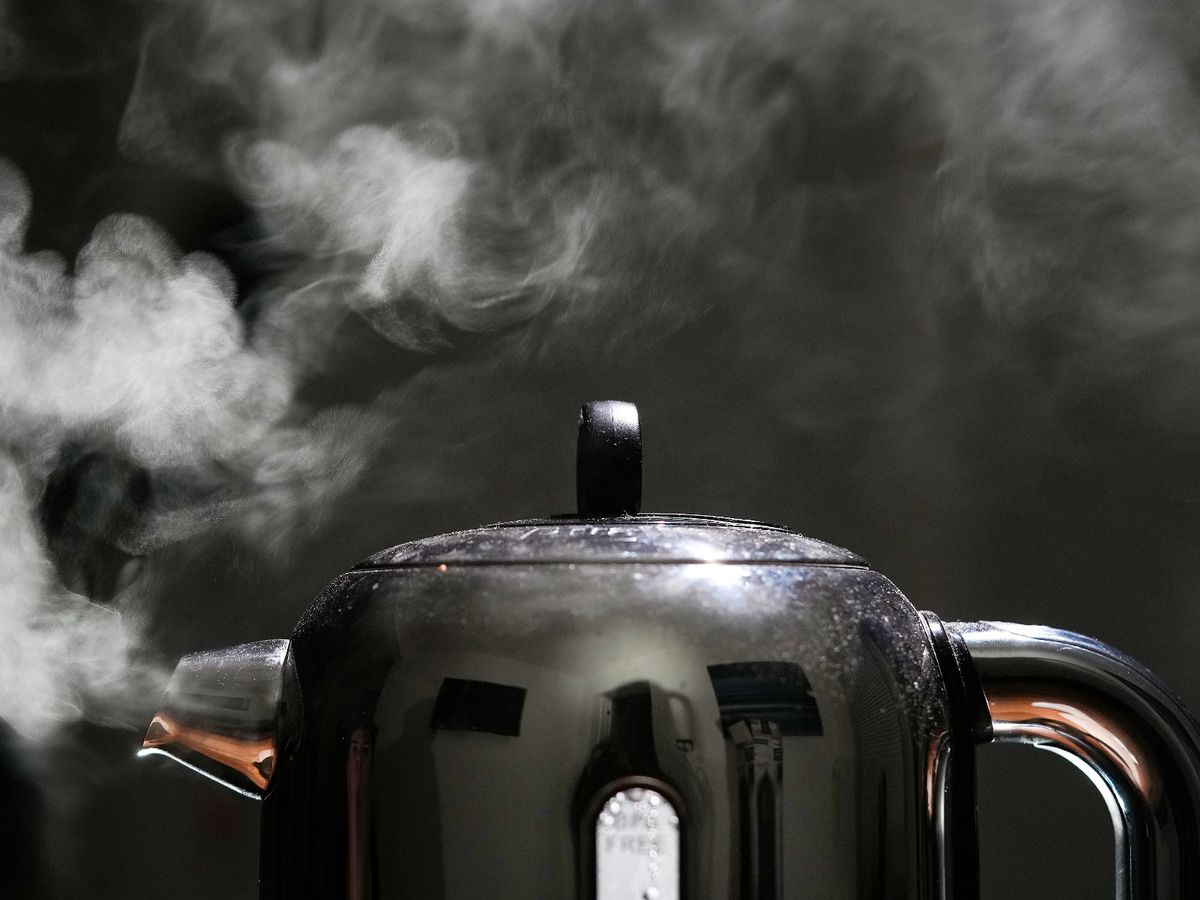
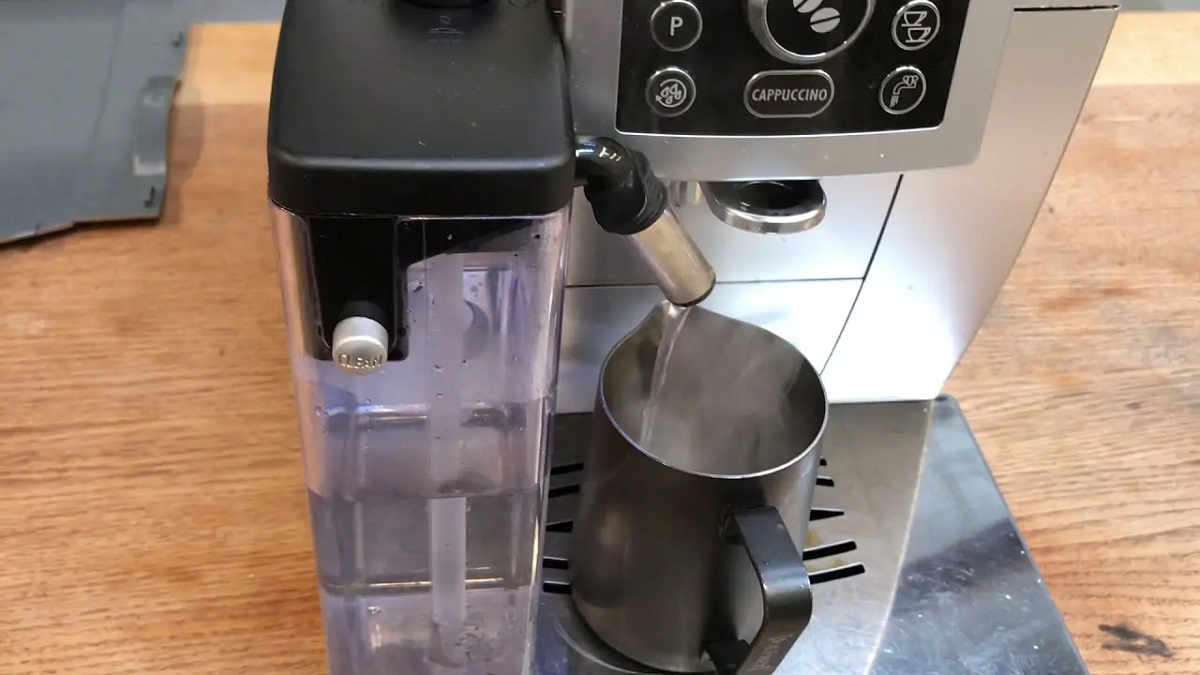
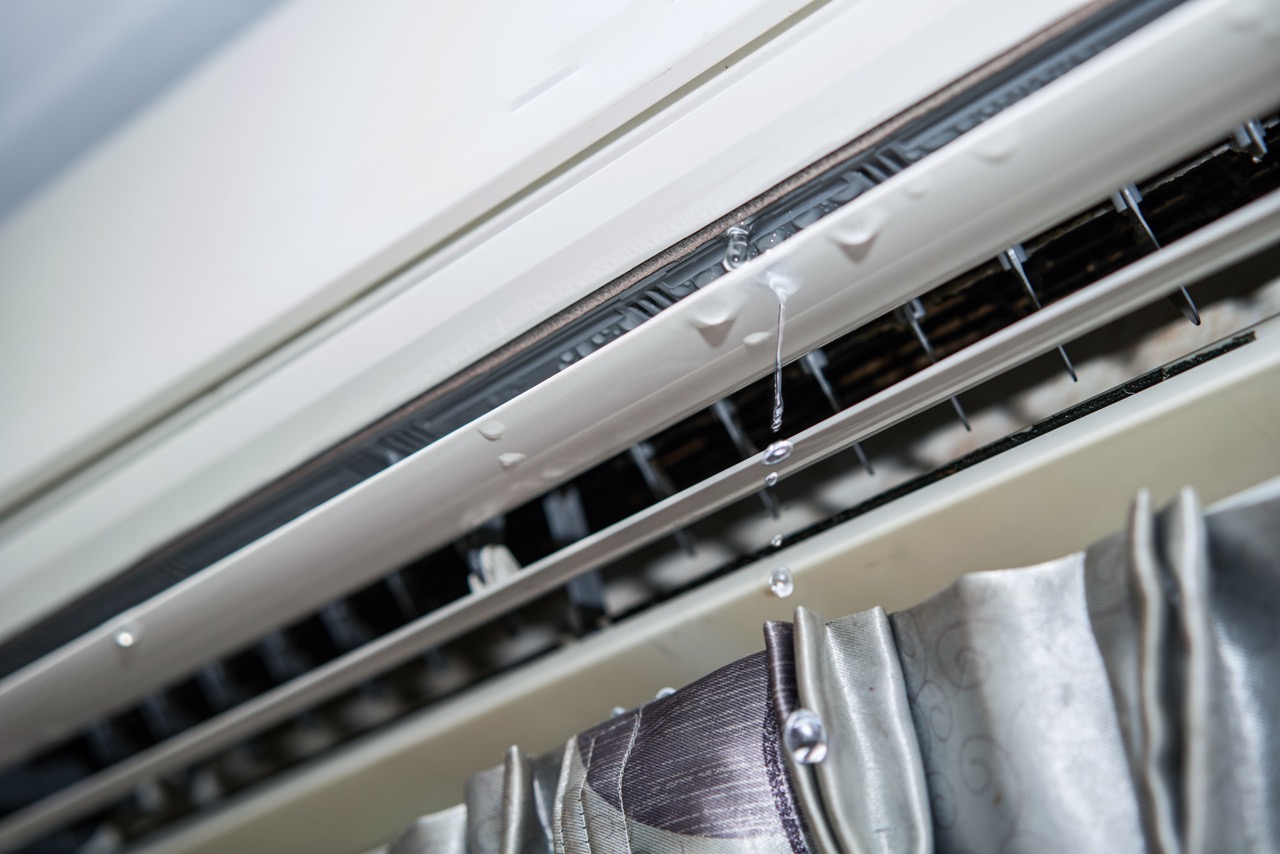
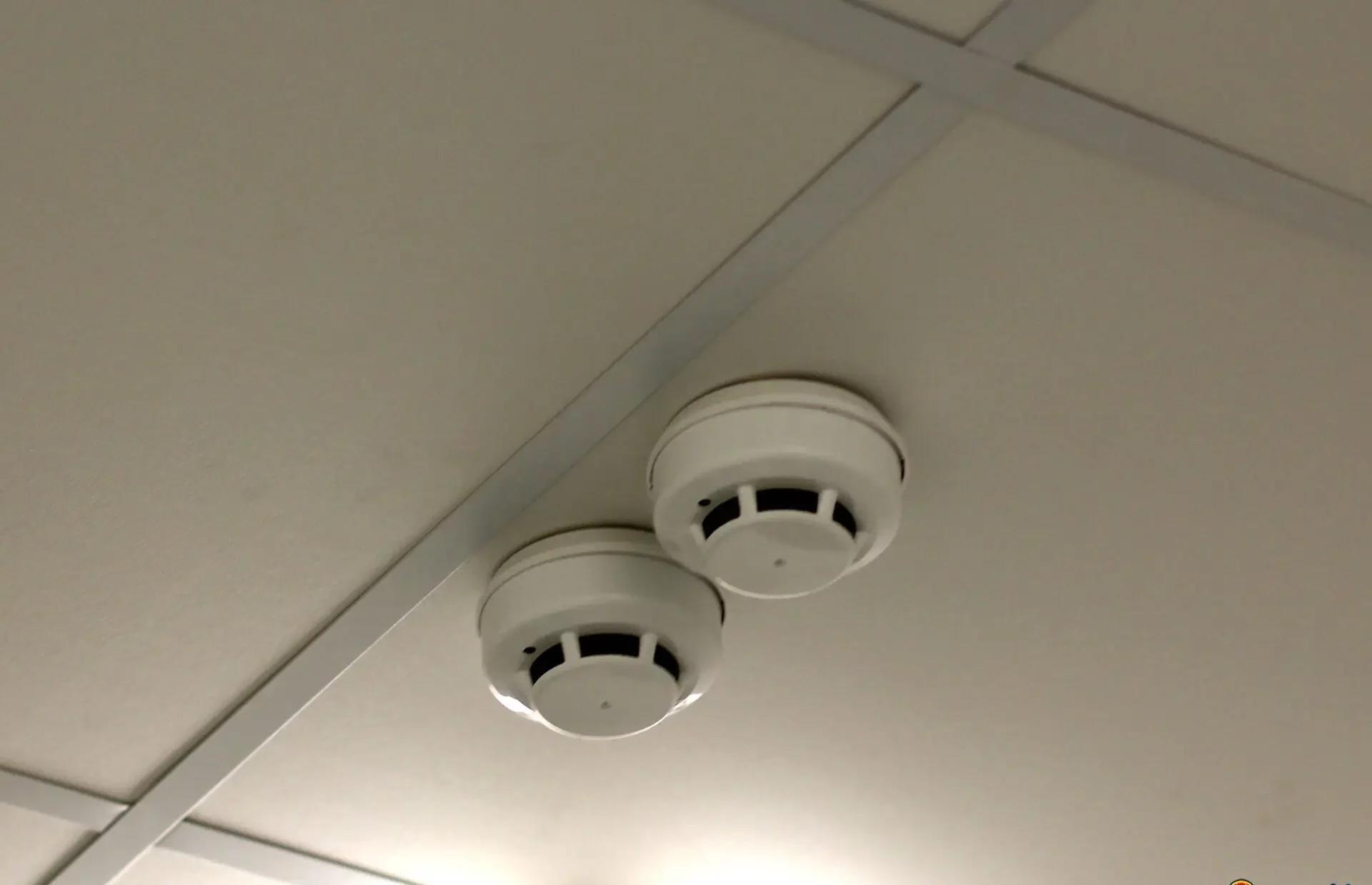
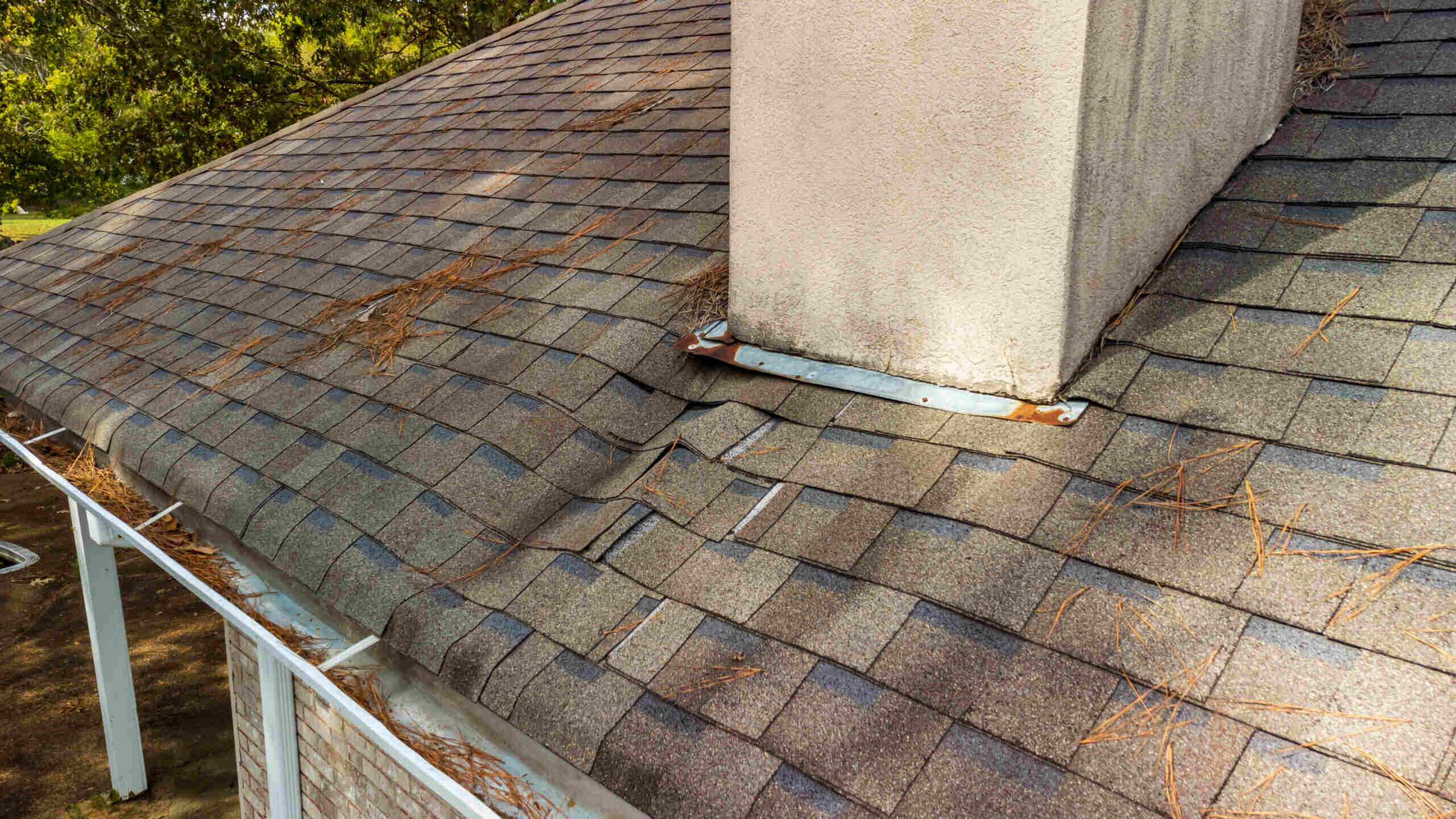
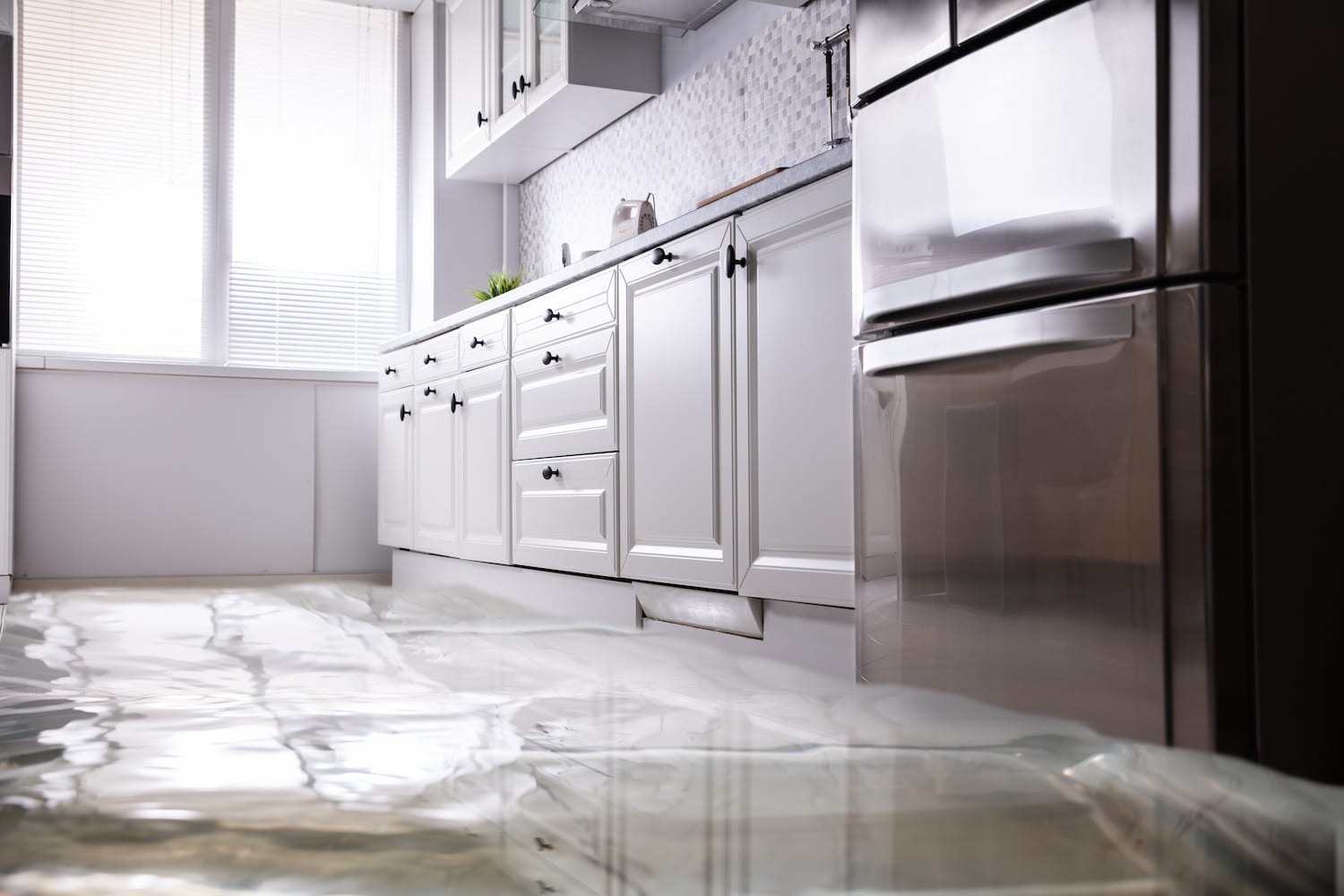
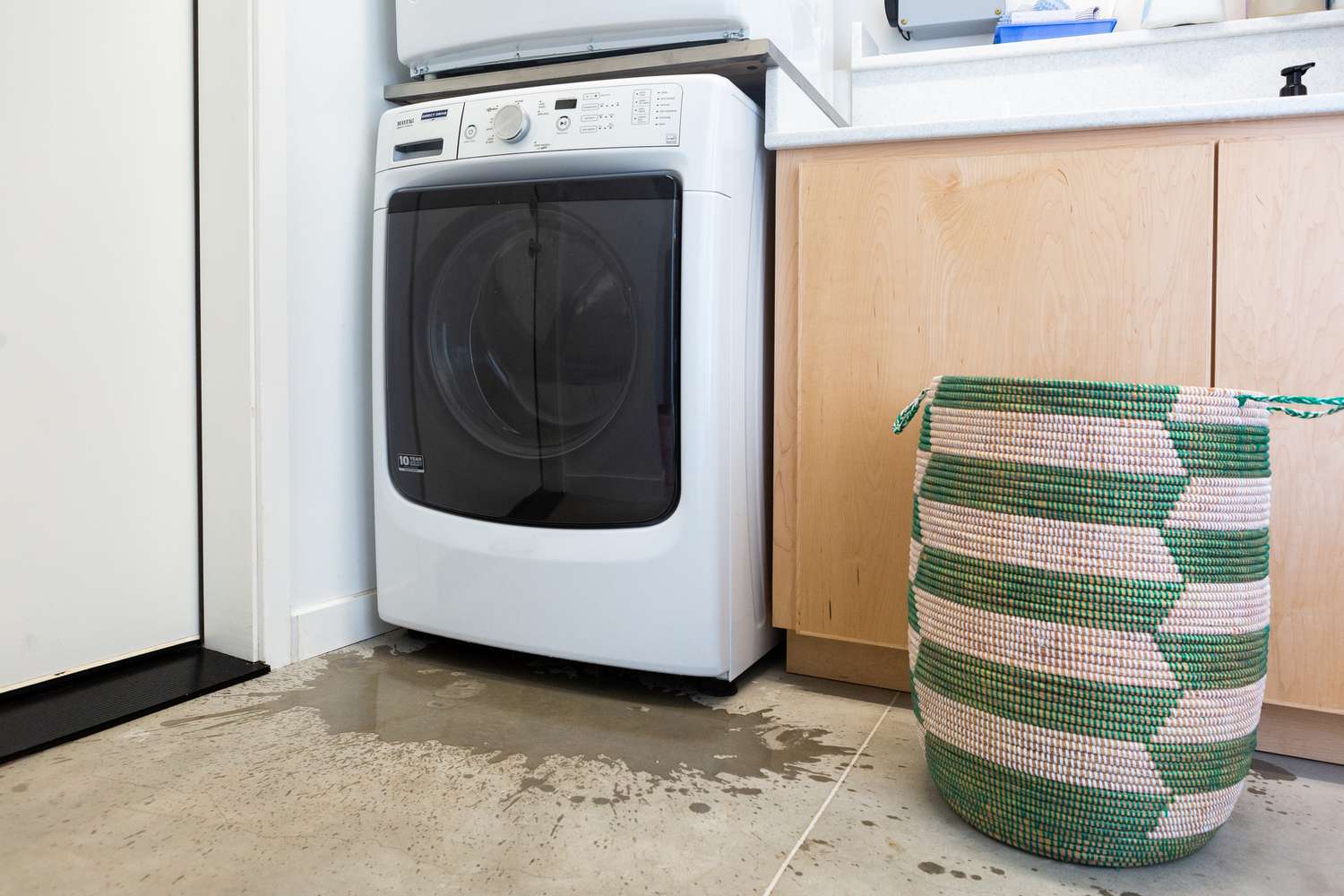
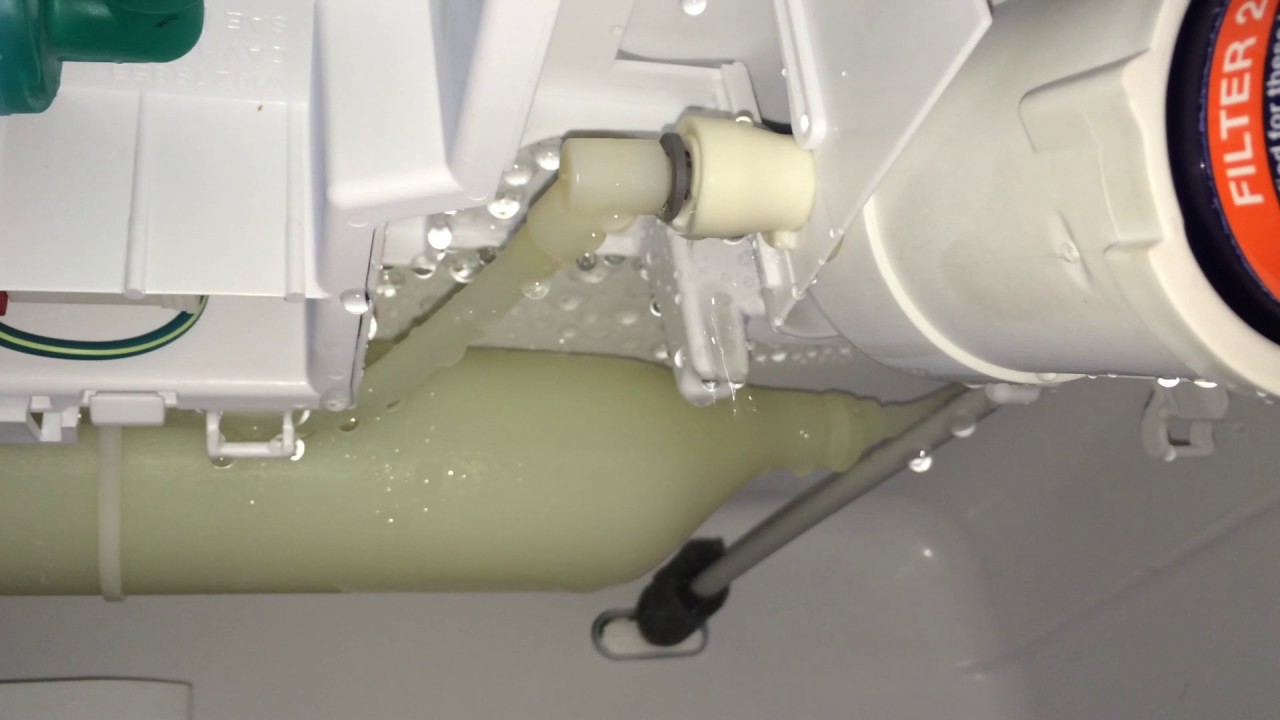
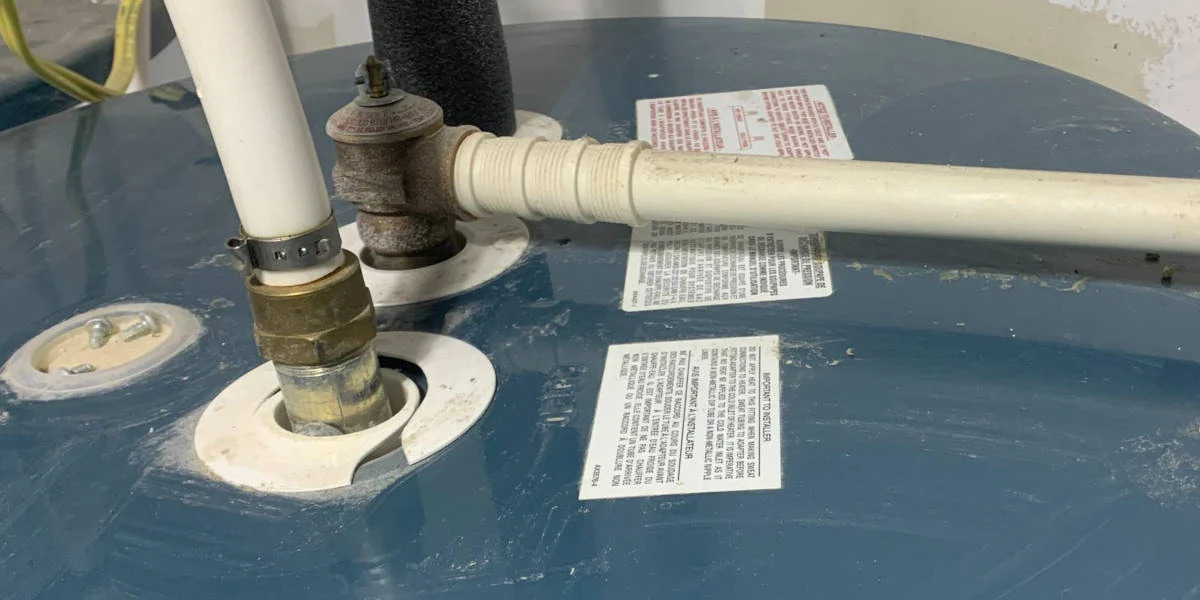

0 thoughts on “Why Is My AC Vent Leaking Water”